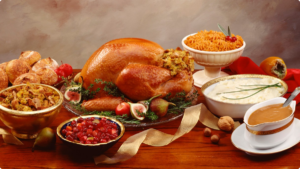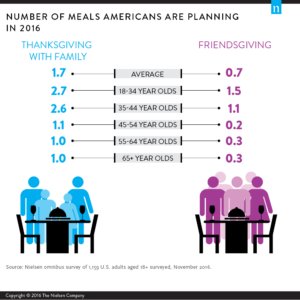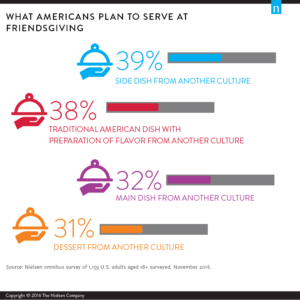Robert Heinlein in “Stranger in a Strange Land” reflects on how speaking another language changes your way of seeing the world around you. But I love how he explains why English is such a complicated yet expressive language. My Francophone friends will appreciate the statement concerning controlling the purity of a language (this is an Arab doctor speaking):
“You will understand, then, how difficult I found English. It was not alone that my native language has much simpler inflections and more limited tenses; the whole ‘map’ changed. English is the largest of the human tongues, with several times the vocabulary of the second largest language – this alone made it inevitable that English would eventually become, as it did, the lingua franca of this planet, for it is thereby the richest and most flexible – despite its barbaric accretions…or should I say, because of its barbaric accretions. English swallows up anything that comes its way, makes English out of it. Nobody tried to stop this process, the way some languages are policed and have official limits…probably because there never has been truly, such a thing as ‘the King’s English’ – for the ‘King’s English’ was French. English was in truth a bastard tongue and nobody cared how it grew…and it did! – enormously. Until no one could hope to be an educated man unless he did his best to embrace this monster.
Its very variety, subtlety, and utter irrational, idiomatic complexity makes it possible to say things in English which simply cannot be said in any other language. It almost drove me crazy…until I learned to think in it – and that put a new ‘map’ of the world in top of the one I grew up with. A better one, in many ways – certainly a more detailed one.”
A linguist would say that Heinlein erred in his comprehension of how languages express thought and whether the size of the vocabulary is the best metric for that evaluation. And that is reflected in the doctor’s concluding thought: “But nevertheless there are things which can be said in the simple Arabic tongue that cannot be said in English.”
Either way, it’s an amusing perspective nonetheless. And my geek friends will recognize this as the preamble to Heinlein finally defining his luminescent addition to the English language: the word “grok.” A word he freely used for the first 242 pages before finally almost breaking the fourth wall and providing a tutor session for this highly versatile word.
We would do well in today’s world it seems if more people took the time to grok other concepts, principles, and people before developing a passionate opinion about them. Of course, that would require spending more time thinking and less time tweeting or other types of posting on social media. The Web remains a very reactive environment.



